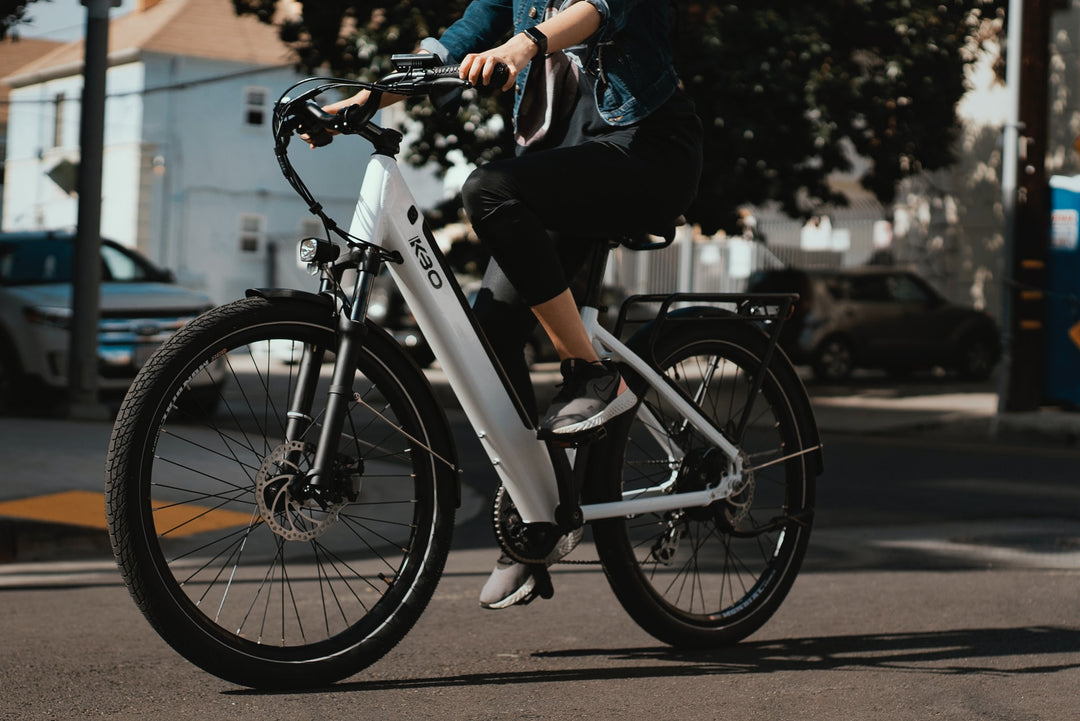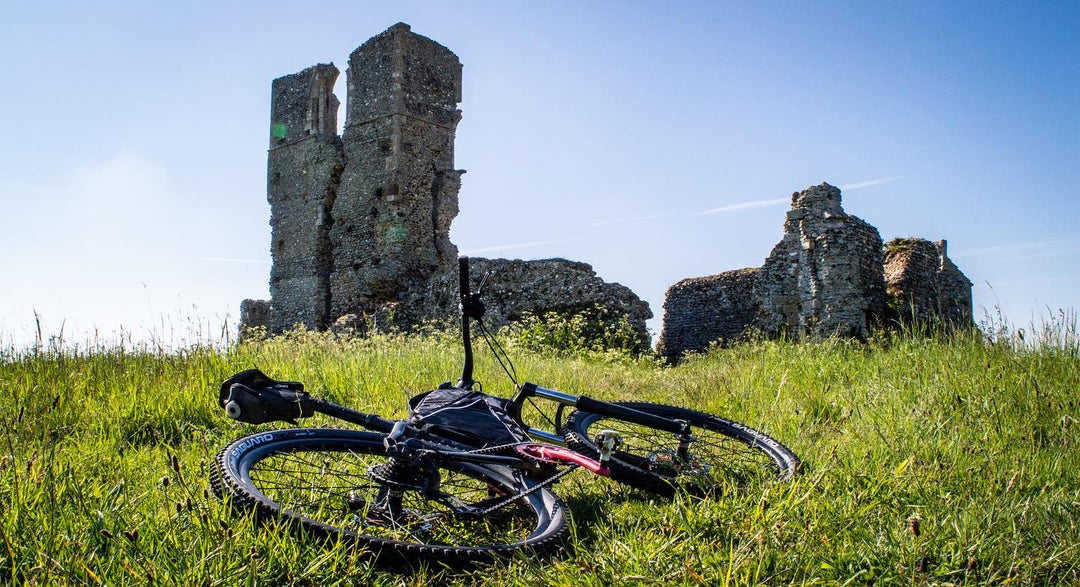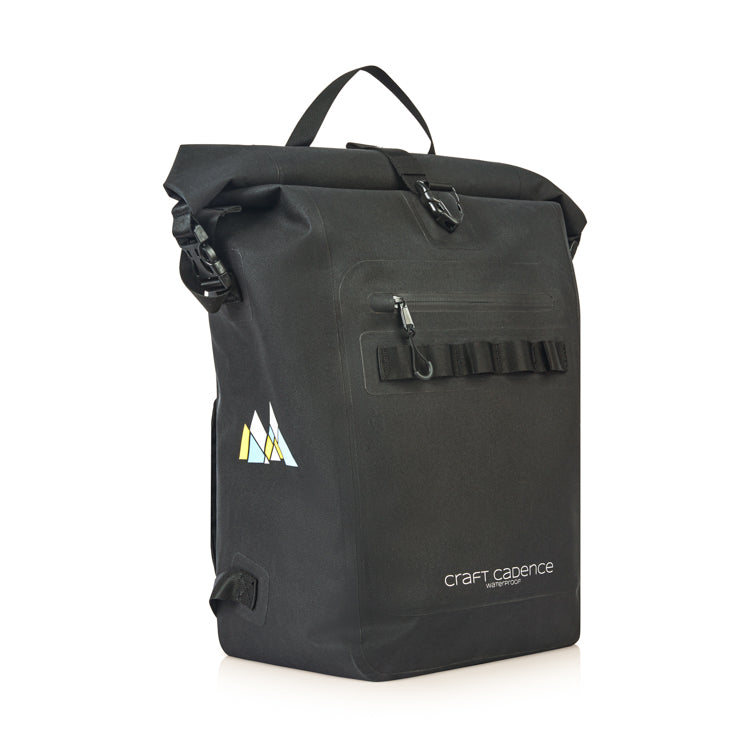What to do if you're in a cycling accident?
If you cycle lawfully and observantly, chances are you haven't and won’t have an accident on the road. That said, having a road accident can be a stressful time. This guide gives you some tips on what to do in such a situation. It’s worth knowing what to do, even if it is unlikely. So don’t be put of cycling!
Immediately after an accident:
Move away from the scene
If you are able to, move to a safe position. This might seem obvious, but in the confusion of an accident this can be forgotten. Remove yourself from the dangers of traffic and further incidents, and go to the pavement /roadside. From a safe position, off the road, you can then asses yourself and other parties for injuries.
Address injury concerns
Check yourself for serious injuries. If you hit your head, call an ambulance immediately and do not try to cycle. If you are concerned about other injuries go to the nearest accident and emergency to be checked out.
Gather details and evidence
It is important you gather as much evidence to support any future claim, as you will need to prove fault. If a vehicle/s were involved, you should exchange details with the driver, importantly registration number and insurance details. If there were any witnesses to the accident you should request their names and contact details. You should take some pictures with your phone as photographic evidence; take a picture of the scene, your injuries and damages to property. If you had a mounted camera filming, stop the recording and save it as soon as possible to ensure you keep it. All of this data may act as evidence to support a future case. If your injuries are preventing you from gathering data, ask a witness to help you.
If other party drove off
If you experience a ‘hit and run’, you can still claim for compensation through the Motor Insurance Bureau (MIB) - a fund which all insurers contribute to in case of such events. To do so you must follow strict rules, including reporting the accident to the police with 5 days.
Afterwards
Inform Police
Report the accident to the police, within 5 days of its occurrence. The police are used to dealing with accidents involving cyclists so do not be put off from contacting them. Follow all instructions by the police. It is important that you obtain a reference number and the name of the person that you reported the incident to, which acts as evidence you have reported the accident.
Investigate possibilities of CCTV
It is possible that the incident was caught on CCTV, and you should attempt to ensure potential evidence is preserved before it is wiped or destroyed. Public CCTV is often saved with a continual degradation system i.e. as time goes by the footage is degraded. Ask the police to call the local CCTV office to make sure any public footage is preserved. Private CCTV could be deleted at any time. If you believe a private camera may have caught the accident, contact the business immediately and inform the police afterwards too.
Retain damaged property
It is important that you do not dispose of any damaged property including your bicycle, equipment and clothes. Firstly, these may be used as supporting evidence. Secondly, the insurance company will want asses the value of the property pre-accident.
Maintain a Record of your Expenses
You must keep a record of all expenses associated with the accident. Keep a cost and receipts / quotes as proof. Get a quote for the cost of fixing/replacing any damage to your bicycle from a reputable bicycle shop. In the event of your bike being a write off, get a quote for a replacement ‘like for like’ bike. Have a search for a physical receipt or email receipt for your clothes and helmet ect if damaged.
Get specialist support
Claiming for a cycling accident is complex. If you require a solicitor, choose one that specialises in cycling cases and is a member of the Association of Personal Injury Lawyers (APIL). This will ensure they are used to representing such cases, and know the specifics that they entail. If your case has at least a 50/50 chance of success (the case for most cycling accidents), your solicitor should enter into a “no win no fee” arrangement. This means you will pay only if you win and majority of the costs will be covered by the other party.



